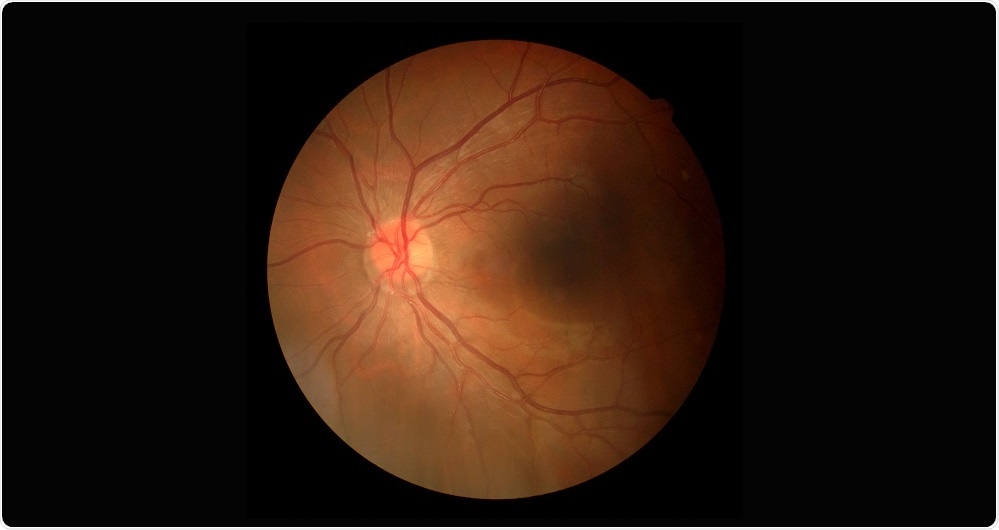Researchers have discovered two distinct groups of short molecules that regulate gene expression in the eyes fluid of people with two different forms of glaucoma.
 Credit: Thammanoon Khamchalee/Shutterstock.com
Credit: Thammanoon Khamchalee/Shutterstock.com
The differential expression of these microRNAs is important as it could help researchers find more genes that are linked to glaucoma, more information about how the different types of glaucoma damage the optic nerve and indicators of potential treatment interventions.
"If we know the pathways involved, maybe we can reverse this, find better targets and design better drugs," said corresponding author of the study, Dr. Yutao Liu, from the Medical College of Georgia at Augusta University.
For the study, Liu and colleagues examined miRNA in the aqueous humor of 12 patients with a common condition called primary open angle glaucoma and another 12 with the rare condition exfoliation glaucoma, which is more difficult to treat. They then compared the miRNA profile of each with that of 11 individuals with healthy eyes who served as controls.
As reported in Human Molecular Genetics, they found a significant difference in the expression of three miRNAs (miR-125b-5p, miR-302d-3p and miR-451a) between primary open angle glaucoma and the controls.
They also found a significant difference in the expression of five miRNAs (miR-122-5p, miR-3144-3p, miR-320a, miR-320e and miR-630) between exfoliation glaucoma and controls.
Although most of these miRNAs have not previously been associated with glaucoma, Liu and team do have some evidence suggesting that miR122-5p may target three genes known to be associated with glaucoma. An initial look at the pathways of the other miRNAs showed those are probably also involved with glaucoma.
Liu and team are now investigating what these miRNAs do in the trabecular meshwork, which is responsible for continually draining the fluid made in the ciliary body to nourish and oxygenate an area of the eye that has no direct blood supply.
Now we have primary cells cultured primarily from the outflow area of the human eye, so we can take these miRNAs, synthesize them, then give them to these cells and see what kind of genes they affect and how many of those genes are related to glaucoma."
Dr. Yutao Liu, Co-Author and Research Associate at the Medical College of Georgia, Augusta University.